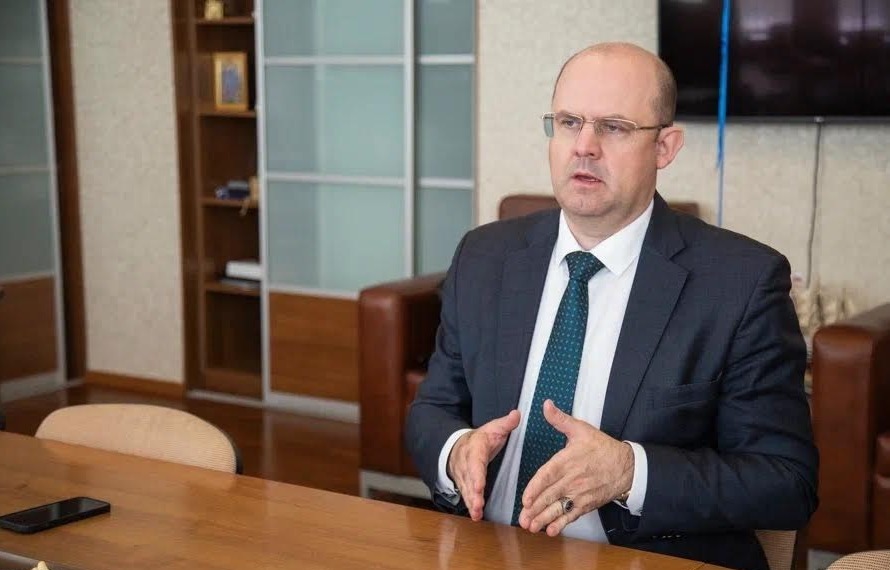On May 12, the President of Russia signed a decree on the implementation of a pilot project to change the levels of vocational education in the country. Two levels of higher education are envisaged - basic and specialized (master's). The terms for obtaining basic education are from 4 to 6 years, master's programs - from 1 to 3 years. Rector of the MEPhI Vladimir Shevchenko expressed his opinion on the new concept of higher education.

Rector of the MEPhI Vladimir Shevchenko
According to Vladimir Shevchenko, the new concept of higher education is able to combine the valuable that was developed both in the Soviet and post-Soviet periods, and at the same time adapt the existing experience to the tasks that are relevant here and now.
“First of all, we are moving away from the uncertainty about the status of undergraduate graduates as “undereducated” specialists, especially in engineering disciplines. The concept of basic higher education as a universal standard is introduced. At the same time, the duration of training (from 4 to 6 years) will be determined primarily by the direction of training,” said the rector of MEPhI.
According to Vladimir Shevchenko, the holder of a diploma of basic higher education will have three main opportunities for further movement: he will be able to enter the labor market, continue his education in a specialized master's program (1-2 years) or, if he wishes, engage in research or teaching activities, enter graduate school. The main advantage of this model is that, due to a clear goal-setting and division of functionality, it raises the status of all three levels - basic and specialized higher education, as well as postgraduate studies. The possibility of obtaining specialized education in a master's program at the expense of budgetary funds after 5–6 years of study at the basic level is also important.
“The Soviet education system prepared people for a specific structure of the economy and society. In the post-Soviet period, universities were much more oriented towards the needs of the students themselves. Today we have come to a situation where higher education is quite clearly divided into two options for training specialists,” the head of the university emphasized.
The first option - four years of undergraduate studies - for those who are ready to immediately enter the labor market and complete their studies in the course of their professional activities. For example, many IT specialties are just that.
The second option will take place where four years of training is not enough (these are both medical and engineering specialties), or where a significant proportion of the specialty has been preserved, or where a full-fledged higher education has always been understood as a master's program that followed a bachelor's degree.
“The current stage should provide a reasonable balance between the needs of the domestic economy and the capabilities of the educational system to meet these needs. Of course, finalizing the concept will take time and clarification of many details, but the general contours of the country's new higher education system have been outlined,” Vladimir Shevchenko summed up.





